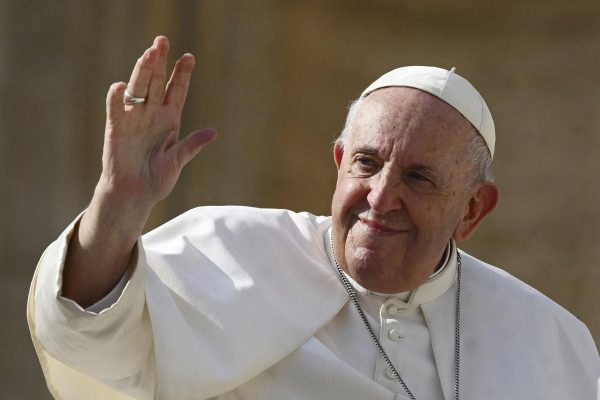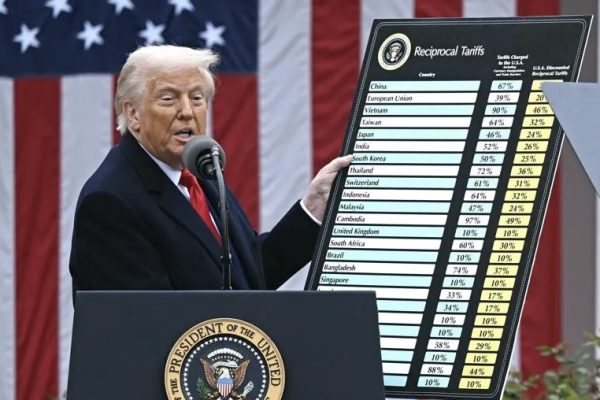The True Freedom of Speech

Side Note: I want to point out that while freedom of speech is important, under no circumstances is it okay for hate speech of any kind.
I recently attended the Beyoncé Formation World Tour, and I was awestruck by every aspect of her performance. But the one thing that really surprised and amused me were one of her customized shirts that read “Boycott Beyoncé.” At first, I was genuinely confused—why would an artist sell merchandise that seemed to encourage their haters? After a little research, I found out that the shirts were in fact Beyoncé’s unique method of shutting down her haters, a bunch of cops boycotting her tour after the controversial video for Formation surfaced. I’ve always been a huge fan of Beyoncé and the messages she spread through her songs and actions, but I’ve always wondered why it is that Beyoncé’s statements never seem to create mass uprisings throughout society.
One thing that is indisputable across the world is how Beyoncé is a revolutionary figure for the music industry. What other artist could create their own record label and release multiple albums without the world knowing? With all of her success, power, and fortune, it is extremely easy for Beyoncé to block out the haters, because she not only has hundreds of trophies and world records to dangle in their faces, but also a fan base consisting of millions across the globe. Unfortunately, the same scenario does not apply to lots of other Americans who try to share their opinions to the public.
One of the more controversial topics in the news right now is Colin Kaepernick, and whether or not his actions during the national anthem were justified. Unlike Beyoncé, Colin Kaepernick has a relatively small fan base and not nearly as many accomplishments as the singer, making it not as easy for him to ignore the major backlash his actions created on the internet. While many argue that the football player’s decision to kneel during the National Anthem were “disrespectful” and “disgusting,” it is hard to ignore the bigger message Kaepernick tried to convey, which is the issue of racial discrimination in this country. While there might have been other ways for Kaepernick to express his concerns, it would have ended in the same result: widespread hatred and violence as a result of his actions.
So, what can we take away from these two examples? While the first amendment applies to all U.S. citizens, the true freedom of speech only really applies to the rich and powerful, since they are some of the only people able to use their success as a shield from haters. Because of the criticism people may receive when they attempt to point out legitimate issues in our nation, people may refrain from because of their inability to use fame and fortune as a “validation” for their opinions.

Hey guys!! I'm Emmy and I'm a sophomore. I looove burgundy, and my fav animal is a dog. I'm a Capricorn, and my favorite TV show is Scandal. I'm a victim...





